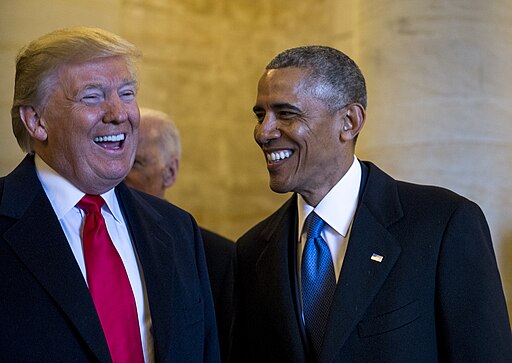
The US Consumer Financial Protection Bureau, the Financial Times reports, “is proposing to cap overdraft fees at as low as $3, potentially saving consumers billions of dollars a year and stepping up US President Joe Biden’s war on so-called junk fees ahead of the 2024 election.”
The simple version, for those unfamiliar with overdraft fees:
You have $100 in your bank account. You write a check or swipe your debit card for a purchase coming to $101. Instead of bouncing the check or declining the debit transaction, the bank covers the overage (bringing your account balance to $-1) and charges you an additional fee (putting your account even more into negative territory). Later, when you deposit your $500 paycheck, your account balance goes up not by $500, but by $500 minus that dollar overdraft and the fee.
The “problem” of overdraft fees (which can indeed be onerous — the Indiana Business Journal says they averaged $26.61, and could go as high as $39, last year) has always had two simple, easy, and long-used solutions.
The first such solution is for customers to not attempt to spend more money than they have in their accounts.
The second is for banks to decline overdraft transactions.
In fact, many if not most banks already offer “no overdraft checking accounts” which inform the customer up front that overdraft transactions WILL be declined.
An even simpler explanation of overdrafts: They’re instant loans from your bank, and the fees are service and interest charges on those loans.
Don’t want to pay those service and interest charges? Don’t borrow the money. If you don’t trust yourself to not borrow the money, open an account that won’t LET you borrow the money. “Problem” solved.
Sometimes it’s hard to tell whether the CFPB’s mission is to actively and intentionally make life harder for poor people (as with its war on “payday loan” operations), or whether that’s just a side effect of good-hearted but idiotic and unnecessary ideas. Even though I oppose giving the CFPB any power whatsoever or even allowing it to exist at all, I’m going to generously start from the latter premise here.
Some people occasionally see a need to overdraft their accounts. Maybe rent comes due on the first of the month, but a paycheck isn’t going to hit until the third of the month, and an unexpected emergency room bill put the customer in a cash crunch situation.
Capping overdraft fees may seem helpful, but will actually result in more banks simply not allowing overdrafts at all — in the rent hypothetical described above, likely costing the customer more due to late fees owed the landlord.
The cap proposal won’t “protect consumers.” It’s about pretending to protect them for political gain, but working to their actual detriment.
Thomas L. Knapp (Twitter: @thomaslknapp) is director and senior news analyst at the William Lloyd Garrison Center for Libertarian Advocacy Journalism (thegarrisoncenter.org). He lives and works in north central Florida.
PUBLICATION/CITATION HISTORY


